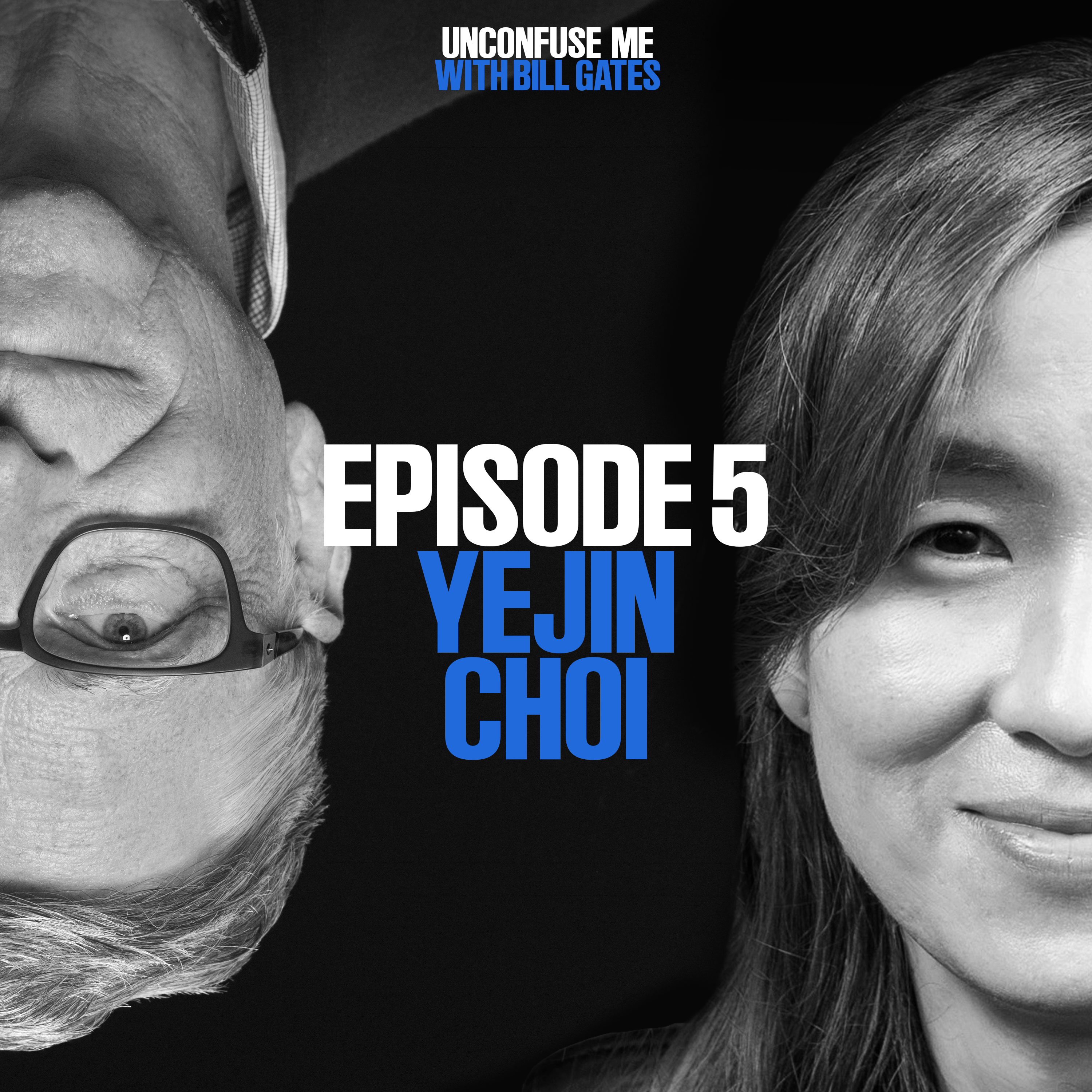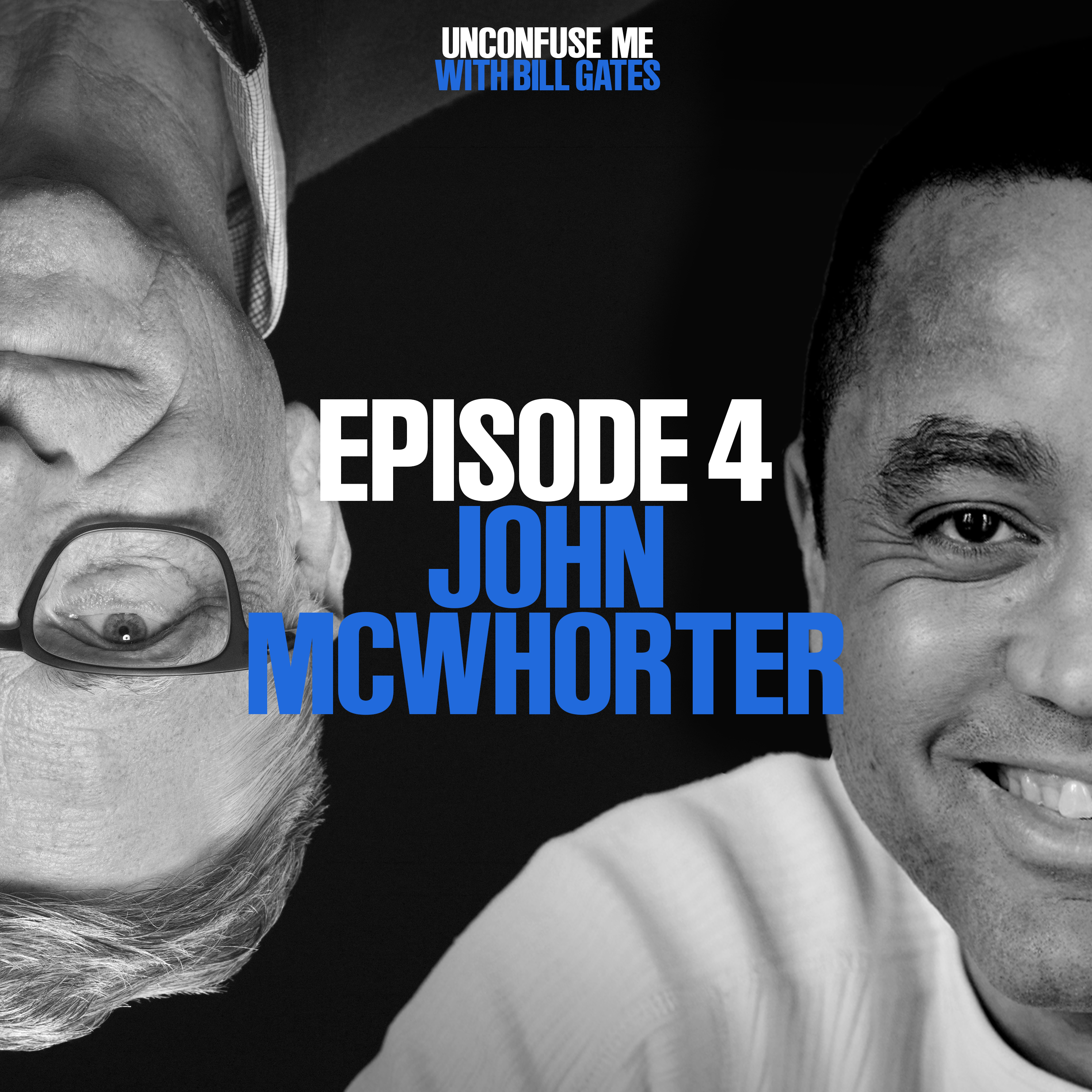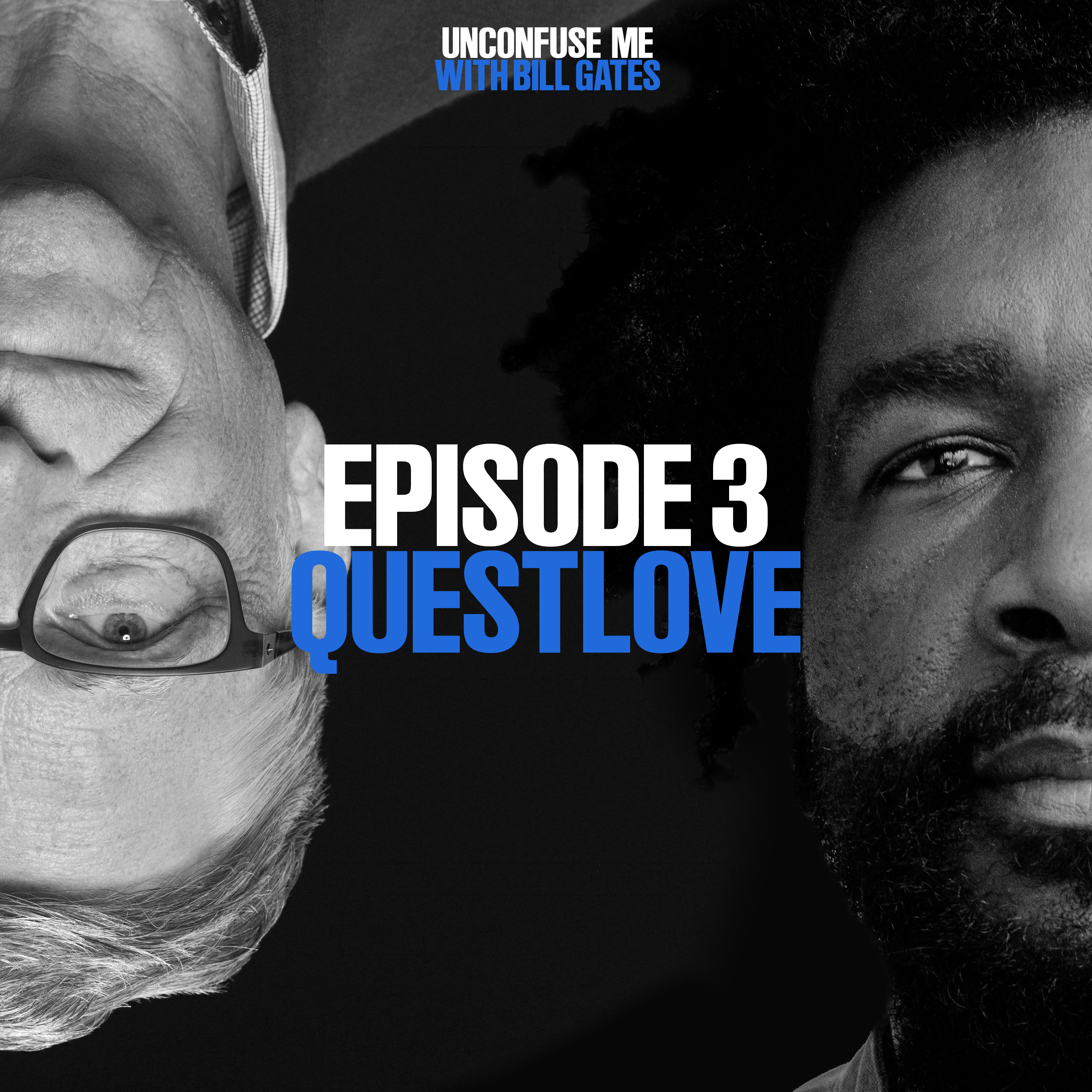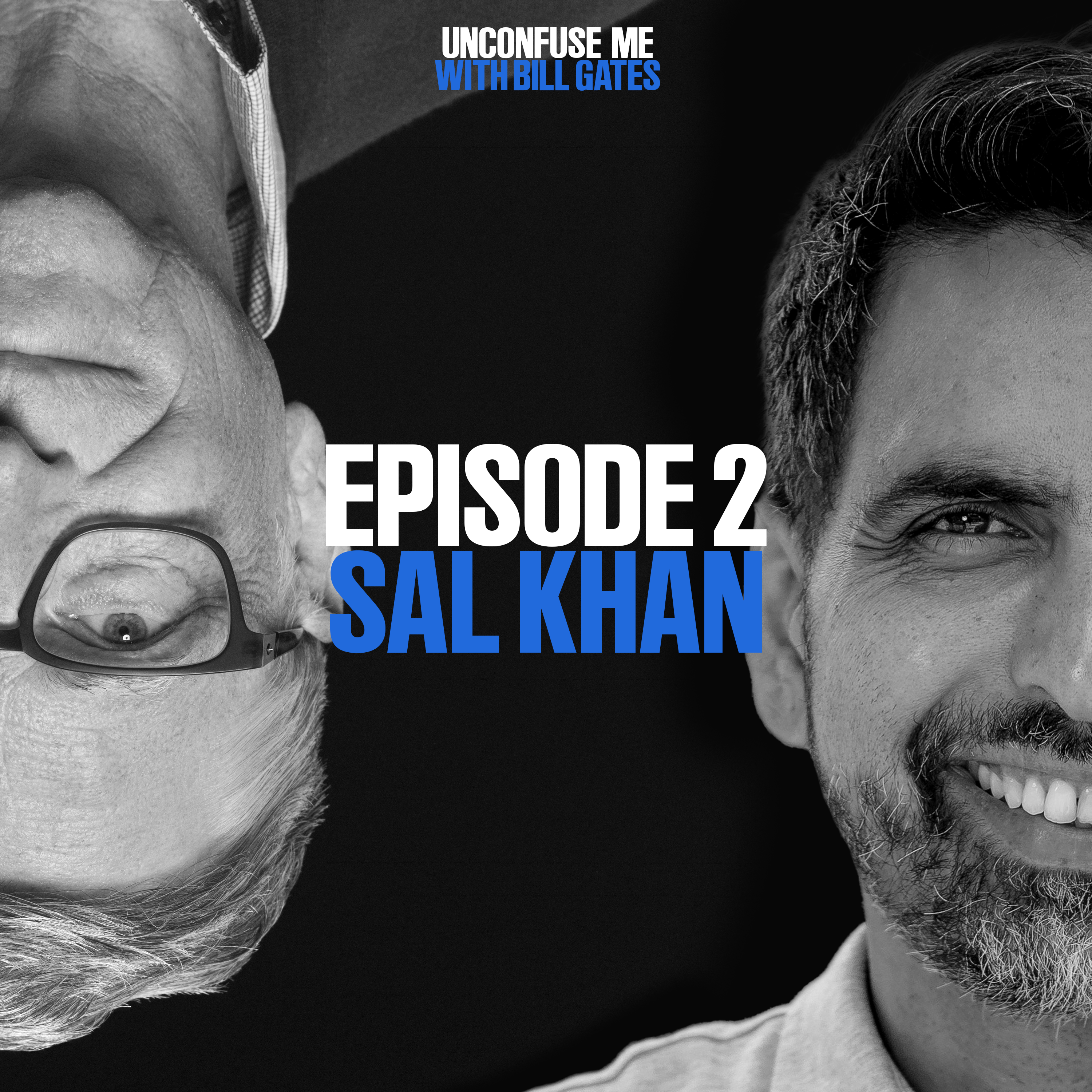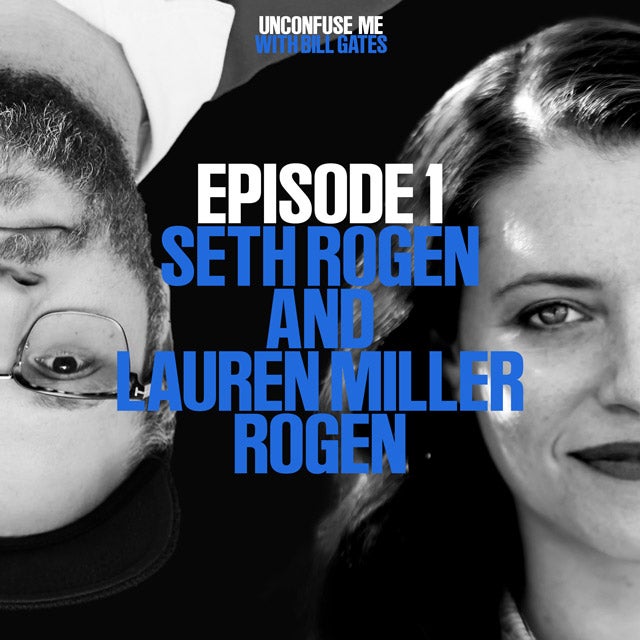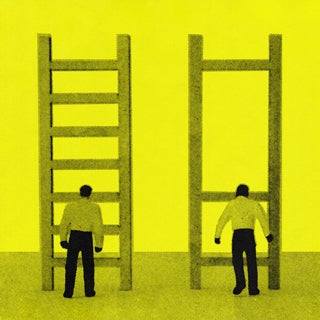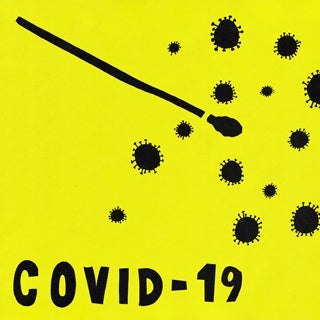... For a decade, at the beginning of the 21st century a group of Christian leaders launched a movement meant to change the church in America:
- "I feel like we are representing a beautiful expression of our life with God;
- "It's an invitation into a kind of creativity and a set of conversations and questions...
- "They were young... in their 20s and 30s in disillusion with the way that Christianity was being taught and practiced on the website...
- "It said no need to check your culture at the door... so sport your tats, wear your jeans, carry your Java and join us at liturgy." And I think I read that like 10 times...
- "It was becoming increasingly nonsensical to me when I found out that there was a group of people having the same conversation I was having with my mother...
- "Oh, Wow! There's more people who planted churches and hosted conferences... they wrote worship songs and they published books; they met in cohorts and bars and they met online in the blogosphere... above all else they called each other friends...
- "To some degree the path that we were on required courage because if you had Integrity it was going to change the game...
- "Is there any hope for the traditional church? This was the emerging church movement and for a time it was considered by some to be the future of Christianity in America...
* * * * * * *
What To Do With the Conversation of
the Emergent Church and It's Passing?
by R.E. Slater
A PERSONAL TESTIMONY
Tripp Fuller and Tony Jones are beginning a year-long conversation about the Emergent Church. My own history places me and my family directly into this conversation when moving from Pastor Ed Dobson's (Jerry Falwell's No.1 politico rep) Calvary Church of Grand Rapids (GRR) to our pastoral intern's church plant a month after it began. His name was Rob Bell. The church, Mars Hill Bible Church of Grandville, Micigan. (*Aside: Ed Dobson worked with Jerry Farwell and was the Ralph Reed of his time in establishing Republican Identity politics. When leaving the Moral Majority Ed determined to preach Jesus only and politics never again).
I had grown up in a progressive fundamentalist baptist church, Calvary Baptist of GRR, which became one of two very early megachurches in the area in the 1970s. When marrying after college, my wife joined me for five years at CBC until I finished the Grand Rapids Baptist Seminary's School of Theology, for an intensive 4 year M.Div. graduate degree We then were offered a half dozen volunteer/lay ministry assignments at her former church, Calvary (Undenominational) Church of Third Reformed roots birthed under M.R. DeHaan of Radio Bible Class fame.
We chose to pastor and teach the college and career class which blossomed from 16 Sunday School members to 200+. After six years, the youth members asked for a single adult class to which we complied and began a new Sunday School class of six members which quickly bloomed to 125+. We pastored this fellowship for another five years until my work and family life required leaving the ministry.
When doing so, Calvary Church quickly placed me on several adult ministry teams, a strategic planning group, and their deacon board which eventually saw me putting together with a small committee their first Seder/Passover Observance. All-inall another six years until we left at Padtor Dobson's encouraging for it's newest church plant, Mars Hill, under Rob Bell.
After 27 years at Calvary Baptist and 20 years (40 for my wife) at Calvary Church (no longer referred to as "Undenom" to be later pastored by one of my Sunday School college kids, Jim Samra) Pastor Dobson was urging his church to join with Rob Bell's church as a way of supporting its local ministry plant. We did and quickly found ourselves moving from a megachurch to a mega-mega-church overnight.
Mars grew from several hundred of Calvary's Sunday evening ministries to 12,000 attendees across its first three years of birth. The church was new. It's Pastor and Teacher, Rob Bell, was young. And in true Emergent fashion it was flying by the "seat of it's pants." What staff there was could not keep up with the growth... all the staff had an urgency of heart with very little bible training; and the Spirit of the Lord was heavy upon GRR's newest fellowship.
In this small story was my own story of growing up from a pious fundamentalist tradition of the best sort then moving into an evangelical congregation which wasn't yet conservative until after Pastor Dobson's passing. In fact, dear Ed joined us at Mars in his remaining years of Parkinson's. He had left Farwell's political movement to raise up Jesus-followers. It was a huge reversal in his spirit life which was quite the "controversy" at the time to those Christians who couldn't understand Ed's change of direction.
Even as Calvary was growing and discipling it's evangelical Reformed flock to minister to it's community via local outreach programs the nation around Grand Rapids was rapidly changing. From the end of WW2 to Vietnam, through the Civil Rights movement under MLK, and the acknowledgment of evolution in the 1970s, to Women's Rights in a maturing work force, multiple recessions, corporate restructuring and layoffs, an up-and-down economy, and then the pervasive environmental revolution, churches and church schools we caught between yesteryear and the present. Some responded. Many did not.
Held in a post-Enlightenment, modernity movement for the past 500 years, the church was witnessing a deeply radical change caused by the twelve year Vietnam War (1962 to 1974... basically all of my youth brought nightly to our livingroom in B&W horror via the miracle of television) which later came to be described as postmodernity (PM).
With PM's comin it ended ended the 1950s Americana era after WW2 and was accompanied by Martin Luther King's Civil Rights marches across war torn America's civil institutional collapses, student sit-ins, the hippie movement with its drugs, rock n roll, and peace signs. Throught this time the modernal American church also had to face its own discriminations and dogmatic fears of leaving what it knew through its 500 year traditions if it were to minister to blending, agnostic, and economically ruined rural and urban populations. Churches either succeeded in listening to its communities or they didn't. What result was another eruption in the American church.
As fundamentalism's outreach of the gospel quieted down after the Chicago-based Billy Sunday days of the Depresdion era; and subsequent church reforms under Billy Graham's evangelical crusades through the 60s, 70s, and 80s; there now arose a new Christian movement alongside mainline progressives. This one was birthed under then unknown names like Mark Driscoll, Tony Jones, Doug Pagitt, Brian Maclaren, Dallas Willard, John Burke, Rachel Held Evans, and our own homegrown Rob Bell.
WORKING CONSTRUCTS
Evangelicalism and fundamentalism are both Protestant movements within Christianity, but there are some important differences between the two.Evangelicalism is a broad movement within Protestant Christianity that emphasizes the importance of personal faith in Jesus Christ and the authority of the Bible. Evangelicals believe in the need for personal conversion and a personal relationship with God, and they often emphasize evangelism and missionary work. Evangelicals also tend to place a high value on social and moral issues, such as the sanctity of human life, traditional marriage, and religious freedom.Fundamentalism, on the other hand, is a more rigid and conservative form of Protestantism that emerged in the late 19th and early 20th centuries as a response to what its adherents saw as a liberalizing trend in Protestant theology.
Fundamentalists believe in the inerrancy of the Bible, the literal interpretation of Scripture, and the importance of separating from the world and its influences. They tend to reject modern cultural and intellectual trends and often have a more confrontational approach to evangelism.So, while both evangelicalism and fundamentalism share some beliefs and values, such as the importance of personal faith and the authority of the Bible, fundamentalism tends to be more rigid and conservative in its approach, while evangelicalism is more diverse and adaptable to cultural changes.In general, the two movements are not necessarily mutually exclusive, but there can be some tension between them due to their different approaches and emphases. Some evangelicals may see fundamentalists as too rigid and confrontational, while some fundamentalists may see evangelicals as too accommodating to secular culture.Ultimately, whether someone identifies as evangelical or fundamentalist (or both) depends on their individual beliefs and practices, and there is room for diversity within Christianity as a whole.
The emerging, or emergent, church movement takes its name from the idea that as culture changes, a new church should emerge in response. In this case, it is a response by various church leaders to the current era of post-modernism. Although post-modernism began in the 1950s, the church didn’t really seek to conform to its tenets until the 1990s. Post-modernism can be thought of as a dissolution of "cold, hard fact" in favor of "warm, fuzzy subjectivity." The emerging / emergent church movement can be thought of the same way.The emerging / emergent church movement falls into line with basic postmodernist thinking—it is about experience over reason, subjectivity over objectivity, spirituality over religion, images over words, outward over inward, feelings over truth. These are reactions to modernism and are thought to be necessary in order to actively engage contemporary culture. This movement is still fairly new so there is not yet a standard method of "doing" church amongst the groups choosing to take a post-modern mindset. In fact, the emerging church rejects any standard methodology for doing anything. Therefore, there is a huge range of how far groups take a post-modernist approach to Christianity. Some groups go only a little way in order to impact their community for Christ, and remain biblically sound. Most groups, however, embrace postmodernist thinking, which eventually leads to a very liberal, loose translation of the Bible. This, in turn, lends to liberal doctrine and theology.- by evangelical "Got Questions"
[Emergent Church] participants in the movement may be Protestant, post-Protestant, Catholic, or evangelical, post-evangelical, liberal Christian, post-liberal, conservative, and post-conservative, anabaptist, adventist, reformed, charismatic, neocharismatic, and post-charismatic.
Proponents, however, believe the [emergent] movement transcends such "modernist" labels of "conservative" and "liberal," calling the movement a "conversation" to emphasize its developing and decentralized nature, its vast range of standpoints, and its commitment to dialogue.
Participants seek to live their faith in what they believe to be a "postmodern" society. What those involved in the conversation mostly agree on is their disillusionment with the organized and institutional church and their support for the deconstruction of modern Christian worship, modern evangelism, and the nature of modern Christian community.Values and characteristics of the Emergent Church
- Trinitarian
- Post-Christendom mission and evangelism
- Postmodern worldview and hermeneutics
- A Generous Orthodoxy
- Center Set on Christ and People
- Authenticity in Conversation
- Missional Living
- Communitarian or egalitarian ecclesiology
- Creative and rediscovered spirituality
- Use of new technologies
- Morality and justice
WHERE NEXT?
A quick Internet search of the Emergent Church will find a number of articles and images hating on the mere mention of its name. The conservative evangelical church was forming apace with its break-out progressive sister group and the older brother resented the loss of dollars, congregants and the mo-jo to its own movement.
Eventually, the emergent church movement died as did the conservative church from which it was birthed. With the loss of its more progressive members, hyper-conservativism hallmarked the remaining evangelical church even as the emergent evangelical church folded into the mainline churches progressive faith aspects while keeping its independence and without becoming denominational. Though its conversation was relevant, revealing the evangelical church, warts and all, in its apostasy from a Jesus-faith to a dogmatic faith.
Currently, a gospel of hate and division now seems to pervade evangelicalism's Trumpian side of its movement contrary to Jesus' gospel in the New Testament speaking to God's love and beauty. Essentially provoking the larger body of today's evangelics to rethink their witness, ministry and mission, even as it's Christian nemesis, the emergent church, fades out of the American Christian landscape to either be enfolded within the Nones-and Dones or back into it's sister-ship and angry brother.
Where emergentism goes from here is up to those followers of Jesus who "get" Him and His gospel. And for those like myself, who apparently broke from evangelicalism to find myself within a larger epistemic breakout of the the Jesus movement, it has taken years of reflection in absorbing this experience and knowing what to do with it, if anything.
For myself, I have produced this site here, Relevancy22, as I have methodically moved through my past faith traditions to today's post-evangelical contemporary faith. In fact, I went further. At first thinking I needed a more integral hermeneutic of the bible than the one I had learned and developed through my seminary years, I have now come to discover the very roots of Christianity must change in its philosophical foundation.
My church and seminary faith never taught this approach... similarly it ignored evolution and such like. And if it seems new to you it was a earth-moving discovery to me as well. But logically, Jesus and Paul lived in Greek Hellenism; Moses lived in Egyptian philosophical beliefs; and before Moses was a whole host of philosophical approaches to life and nature even as there has been through the church age. So the question as to the church's philosophical foundation is not unnatural, but deeply important, and should never be ignored by the church once fraught in the Enlightenment era, or a Platonic Stoicism, or a Modernistic Mechanistic era as versus an organic creation which is not like any of these past approaches. Approaches which have affected our idea of God, the bible, and faith.
WHAT NOW?
Hence, back in 2011, my first six years found me driving towards a new organic center as I deconstructed and reconstructed my Westernized/American/Modernity-bound Christian faith. And ince completed, my more recent years have found me working through a broader, more expansive theological language based upon a more rigorous composite of previously derived, holistic, non-Platonic philosophies. One with a long historical legacy... back to ancient times... and brought forward organically by a Victorian British philosopher by the name of Alfred North Whitehead regardless of human era, even that of post-modernism (which I very much like compared to the modernism I grew up in).
Whitehead's process philosophy has become the philosophic foundation upon which I and others, like Tripp Fuller, are working through as we adapt it into the Christian conversation of "Who and What it is in God and God language." There are three things I've take from process philosophy and have adapted it into a working Christian-based processual theological conversation:
- One, it is definitely contemporary with any cultural or religious conversation in that it aptly describes the creation of the universe we live in; it is organic, panrelational, panexperiential, and panpsychic. I call this form of process universe as a pancessual cosmic metaphysic.
- Two, I have intentionally re-centered the church's bible-centered focus to a purposeful focus on the author of the bible, Jesus Christ. That is, as Jesus spoke against Phariseeism's religious system by urging them to center their faith in a loving God rather than the interpreted words of God's Torah tradition, so too have I placed process theology around a loving God as versus a God who is unlovingly holy.
- Three, I have been trying to read the bible for its sources of information in what it's narrator's cultures, customs, and beliefs meant to them and how those same traits might mean to the Jewish and Christian faithful through our cultural, socio-economic eras. This meant acquiring a more expansive idea of Holy Spirit communication between God and mankind, rather than a one-time series of inspired narrations never to be repeated again as found in the bible. In fact, God being God has never ceased speaking to us. But it is up to us to hear our past... such as found in the bible... and rethink our beliefs and ideas of God to be more God-centered in God's love and life rather than as merely sin and death subjects (which are not denied but also not made central to the Christian faith in process Christian theology). That is, Process theology is about love and life.
I will end here. Reread this as you must and learn to use what I have written over the years as guide and example to forming an integral Christian tradition based upon process foundations rather than on Westernized, Americanized, Platonic, or Hellenized traditions as the bible was and the church's traditions have been. Those external, quasi-descriptive terms for creation are based upon inorganic philosophical foundations which were, and still are, unhelpful to a vibrant Christ-filled life and faith.
If we are to have a complexly meaningful faith we will need an expansively meaningful context in which to apprehend the God of all grace, knowledge, and beauty.
Peace,
R.E. Slater
January 2, 2024
* * * * * * *
Doug Pagitt: the Emerging Church
& the End of Solomon's Porch
Dec 18, 2023 | 2:02:52
A long-time friend of the podcast, Doug Pagitt, returns to the podcast! He's been a regular guest since episode 2... 15 years ago. In this episode, Tony Jones joins me as Doug reflects on the end of the church he planted Solomon's Porch and the ongoing legacy of the Emerging Church Movement.
Doug Pagitt is an American author, pastor, social activist and executive director of Vote Common Good. A leading voice for progressive Christianity, Doug makes frequent national media and speaking appearances.
A proud, concerned and hopeful American, Doug Pagitt is a social activist. He is Co-founder and Executive Director of Vote Common Good, a national political non-profit dedicated to inspiring, energizing, and mobilizing people of faith to engage in civic life.
Follow Tripp & Tony's new podcast, EMERGED: an Oral History of the Emerging Church Movement. It's gonna be a blast! http://emergedpodcast.com
* * * * * * *
Emerged: An Oral History
of the Emergent Church
by Tripp Fuller and Tony Jones
In this multi-part series launching January 2024, Tony Jones and Tripp Fuller will journey through the electrifying, tumultuous, ever-evolving years of the ECM through interviews, stories, and opinions from some of the movement’s pivotal figures.
We’ll tackle questions like:
- What were the precursors to the ECM?
- What catalyzed the movement?
- How cohesive was it, really?
- When and why did interest switch from the evangelical church to the mainline?
- Did it become too political?
- Did the movement ultimately fail, or did it infiltrate and change the church?
Emerged Podcast - Official Trailer
Dec 26, 2023On January 1st we are launching a brand new podcast, Emerged: an Oral History of the Emerging Church Movement. Emerged is a highly-produced podcast that brings together hundreds of hours of fresh interviews, archived recordings, and some amazing music. I can’t wait for everyone to hear it. If you want to get the show in your podcast feed, see some of what’s in store, & even be a part of the story we are telling, head over to www.EmergedPodcast.com
* * * * * * *
MEET THE HOSTS




























